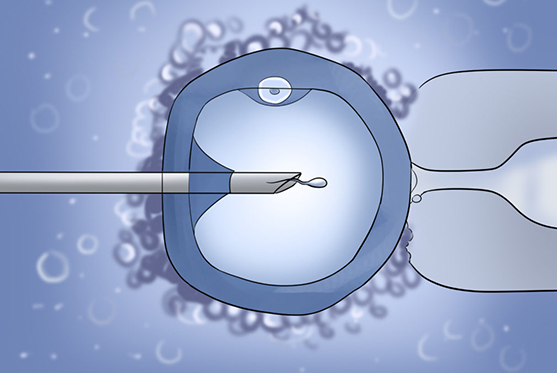
ICSI is an advanced assisted reproduction technique designed for treating severe male infertility. It is performed when conventional IVF fails or when sperm-related issues such as very low sperm count, poor motility, abnormal shape, or azoospermia are present. ICSI involves injecting a single healthy sperm directly into an egg to achieve fertilisation.
ICSI gives couples a real opportunity to achieve parenthood and fulfil their dream of having a child.